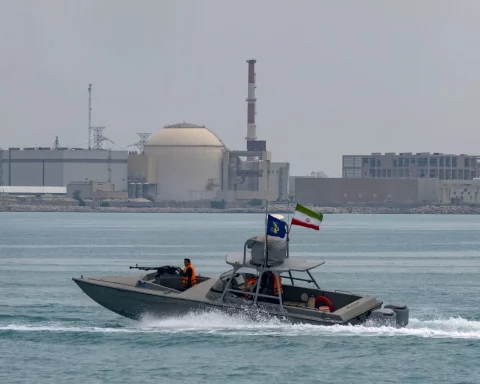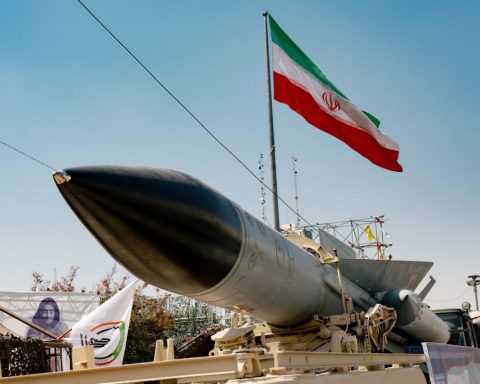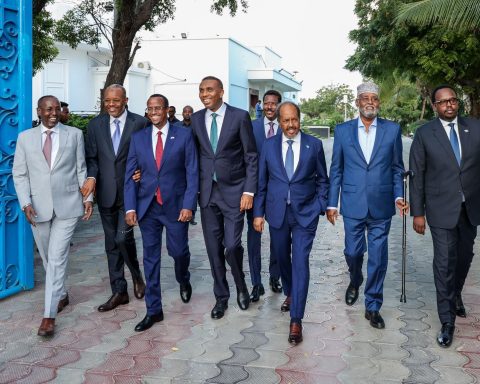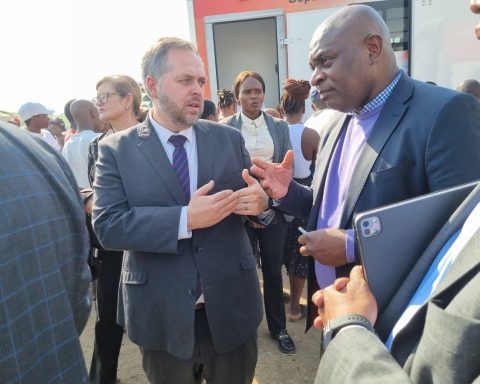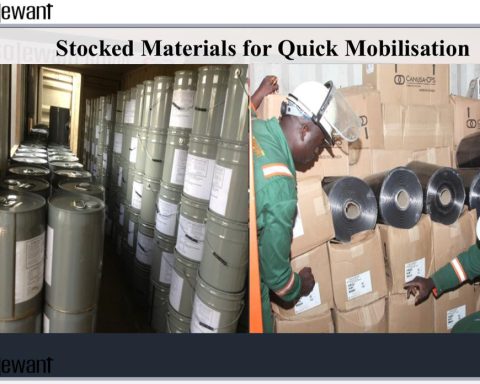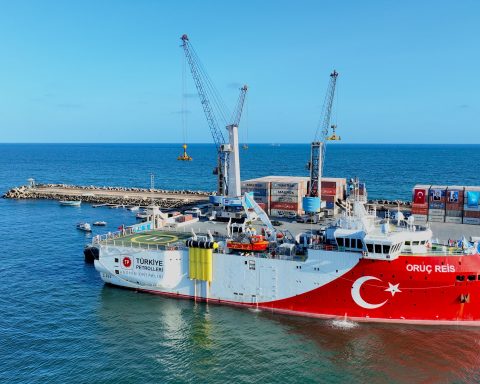A new energy mix with a high renewables component would hold massive advantages for the people of Southern Africa – and the economics mean it is likely to be implemented sooner, rather than later.
This was the message on the final day of AOW: Investing in African Energy, the continent’s leading oil, gas and energy event.
A series of panels at the event delved into the continent’s respective clean-energy industries, as part of the AOW Clean Energy Future Forum.
Delegates heard how the narrative around Africa’s energy future is no longer one of scarcity, as a mosaic of established and emerging players now contribute to the continent’s rapidly evolving energy mix.
With the AOW focus on enabling energy dealmaking, the Forum shared crucial insights for investors on navigating regulatory frameworks, identifying project pipelines, and outlining the role of various energy sources in powering Africa’s future.
A panel dedicated to mapping Africa’s energy future discussed the enormous potential of variable renewable energy (VRE) in South Africa, noting that the country is blessed with significant solar and wind resources – making a transition to 100% renewable energy a real, practical possibility.
Wind and solar complement each other, mitigating seasonal fluctuations and enhancing grid stability, and advancements in battery storage technology are already sufficiently advanced to solve for intermittency and even provide grid services at scale.
Speakers also noted that renewables are now extremely affordable, often outcompeting fossil fuels in many scenarios, and that with 150GW of new renewables projects in the pipeline, the new energy dispensation would be transformative for the country.
“The economics make it inevitable that we’re going to see fossil fuels replaced by variable supply, simply because we can turn that variable supply into a constant supply through cheap storage and opportunities,” said Frank Spencer, regional director: Southern Africa of Cainmani.
Challenges to this emerging renewables scenario are outdated regulations and licensing procedures that often hinder the rapid deployment of renewables and microgrids. There was also a need to invest in a robust and geographically diversified transmission grid to harness the full potential of VRE, the conference heard.
“One of the bigger questions we’re facing, as we start to unbundle the monopoly utility, is how do we ensure that a new transmission system operator actually plays the right role,” sad Happy Khambule, director: energy and environment policy at Business Unity South Africa.
Overall, the panel painted an optimistic picture of the future of renewable energy in South Africa. All panellists were confident of the prospects for reaching 90-100% renewables within a matter of decades.
“When you compare us to countries like Germany, South Africa is in a very fortunate position in terms of our endowment of solar and wind capacity,” said Dr Killian Hagemann, CEO of G7 Energies. “It is very much within reach for South Africa to achieve 100% renewables.”
Davin Chown, MD of Genesis Eco-Energy, also noted that low-cost renewables offered emerging economies a chance to hedge against the volatility of fossil fuel prices and to minimise exposure to markets internationally…
“Not only that, but having access to affordable energy through low-cost renewables can transform underserved communities – and entire economies – right across the subcontinent,” said Chown.
The conference heard earlier in the day that around 600 million people in Sub-Saharan Africa lacked access to electricity. The panel agreed that recent advances in the cost-competitiveness of renewables offer a chance to materially address this injustice.
The panellists heard that where traditional hydrocarbons generation tended to supply power at around R2-3/KWh, wind could achieve costs of around 40c – meaning massive savings for consumers.
“It’s not a question of renewables versus the fossil fuels, or us against the utilities,” said Zayd Vawda, principal associate and renewable energy leader of WSP. “It’s all of us working together to solve Africa’s energy shortfalls. Renewable energy promises to be able to do that.




